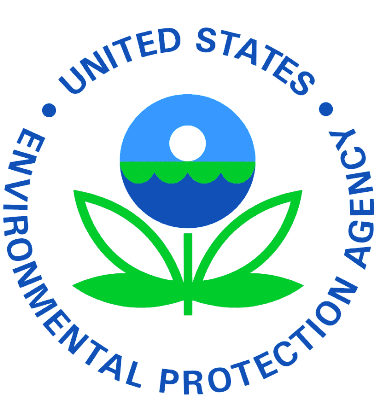George E. Brown Jr
George E. Brown Jr.
Remembering the 'start-up' of the environmental movement and the first laws, a set of founding legal precedents many of which came from forward-looking green visionaries from California, like George E. Brown who passed away suddenly in 1999.
George was a leader in Congress in the air quality and clean air legislation, clean water and the founding of the EPA ... George was for many years the Congressperson out in front of "big science" -- his profound accomplishments are especially missed now as anti-science positions threaten in Congress...
◊
George's obit - http://articles.latimes.com/1999/jul/17/news/mn-56747
◊
A Memory from 1977
Not many U.S. Congressmen can claim to have an "integral urban district office" complete with solar heating and cooling, a lean-to greenhouse, and bee-hives. Representative George E. Brown, Jr. (D-Calif.) can, however ... because he does have just such office facilities.
Two years ago — when Congressman Brown decided that he wanted solar heating for his Colton, California office building (an old house located in a semi-residential part of town) — he asked his staff to design and install a low-cost, low-technology heating system by themselves. He told his aides that they were free to seek expert advice, but that they should attempt to do as much of the actual construction as possible.
So while Brown was away in Washington, his staffers outfitted the building with an air-handling, "active" solar heating setup that employs a single large wood-and-fiberglass solar collector and a bin loaded with 13 tons of rock for heat storage ... a setup that — so far — has provided virtually 100 percent of the office building's winter heating needs. (The same system can be used to provide cooling during the summer, although — because of the desert-like temperatures that hit the area during the summer months-supplemental cooling must also be used.)
In back of the aging office structure, Brown's aides built a lean-to "solar greenhouse" that furnishes the main house with additional solar heating and provides the Congressman's staff with a year-round supply of fresh vegetables.
A year or so ago, Brown's staff members decided they wanted to "raise" honey as well as vegetables ... so they "coaxed" a swarm of bees into an empty hive, and within six months harvested 100 pounds of the golden sweetener!
Because of the great amount of public interest in these and other of the Congressman's activities, Brown recently encouraged the Agricultural Division of the University of California's Cooperative Extension to apply for federal funding to open a community food preservation center in nearby Riverside, California. The application was approved.
If it has to do with living-better-for-less alternatives, chances are the honorable George E. Brown, Jr. knows about it ... or is already doing it!
— Linda Martin Mother Earth News
-=-=-=-=-=-=-=-=-=-=-
The George E. Brown, Jr. Archive at the University of California
A visionary who championed the environment, alternative energy, human rights and education. When he died in office in 1999 at the age of 79, he left an enviable legacy that included establishment of the Environmental Protection Agency, the Office of Science Technology Policy, Section 8 housing for low-income people and scholarships for veterans.
Details of that legacy – from his first political post as mayor of Monterey Park, Calif., to his chairmanship of the House of Representatives Science Committee – survive in 525 boxes and nine file cabinets of personal papers donated recently to the University of California, Riverside by his widow, Marta Brown.

